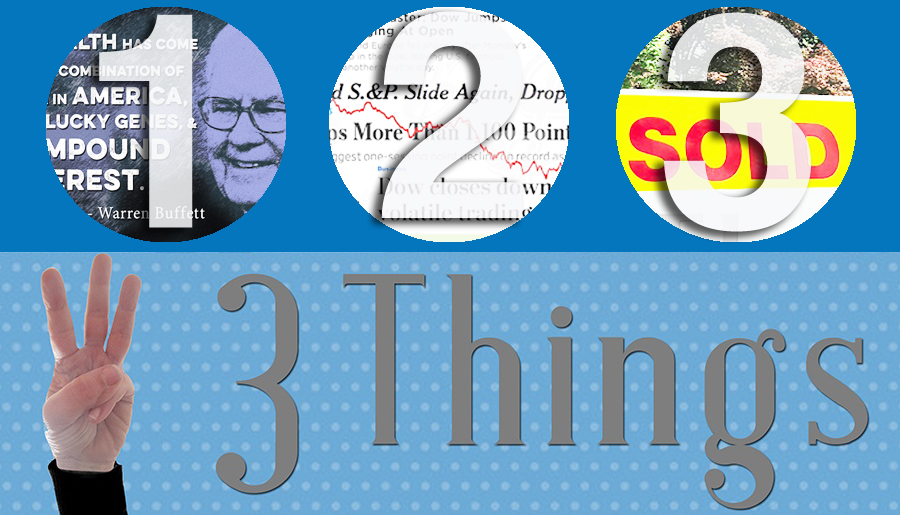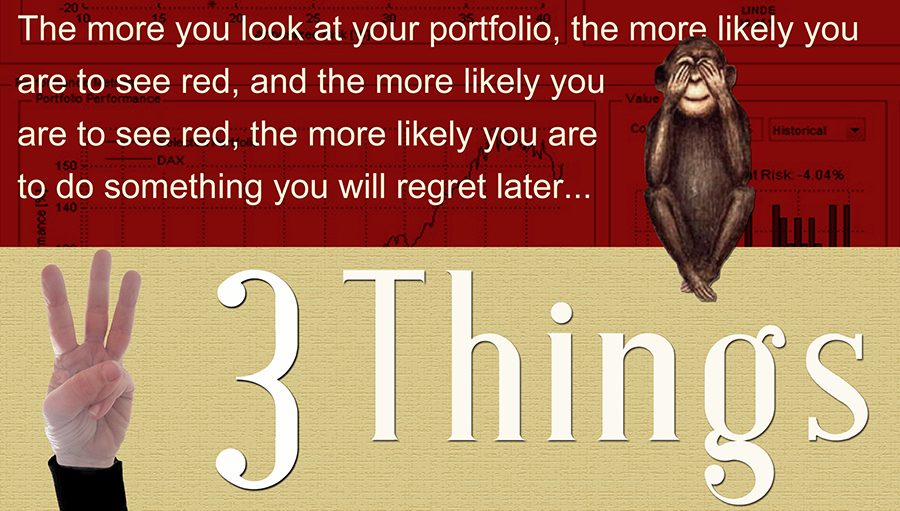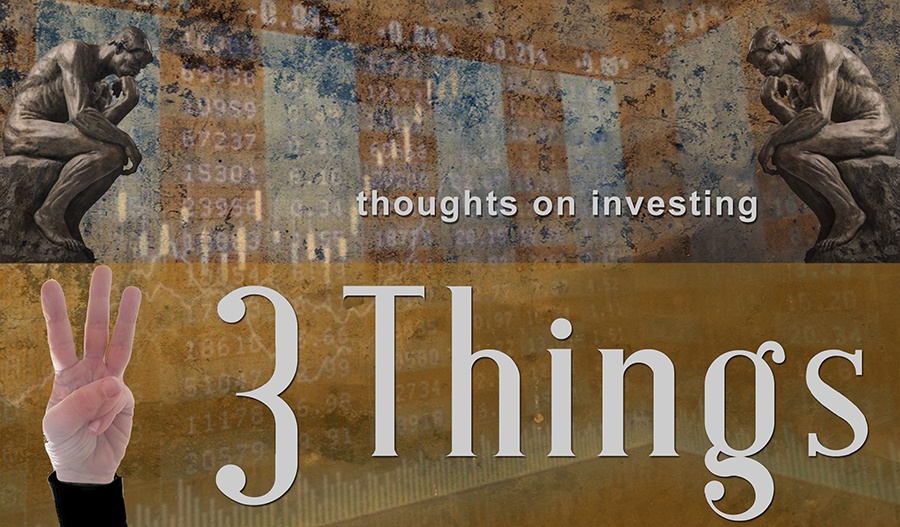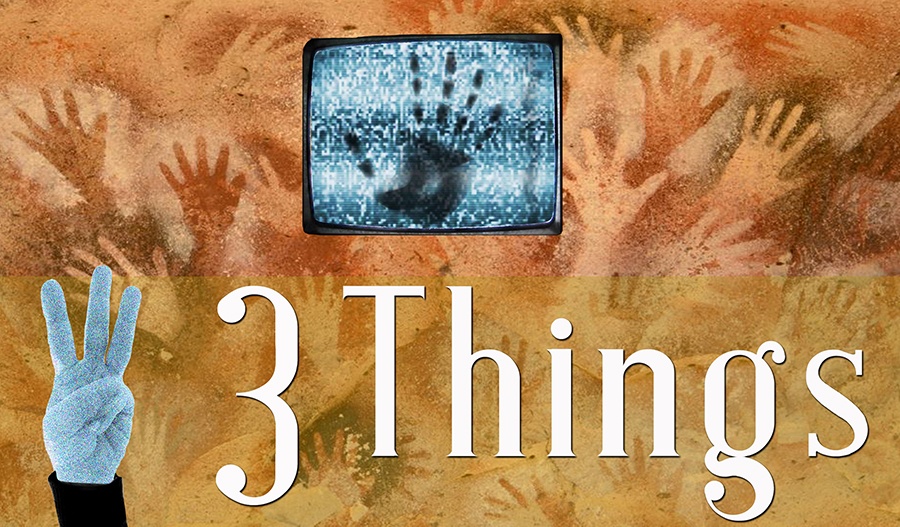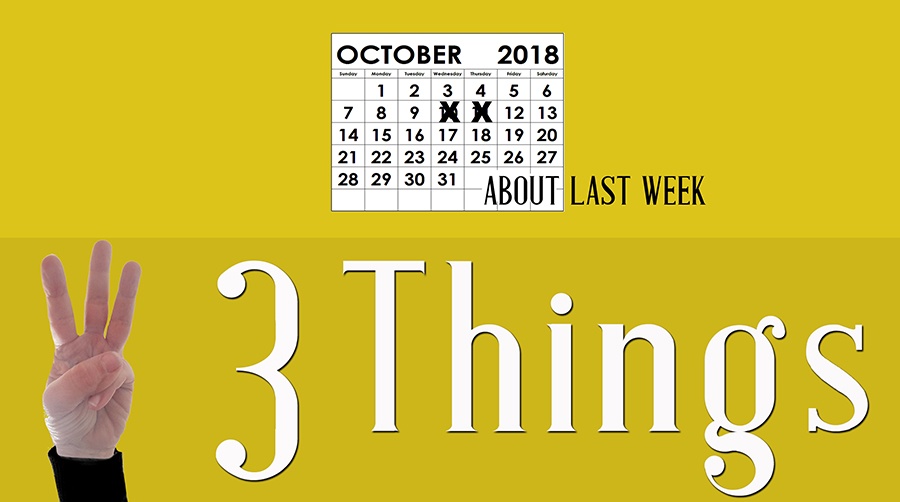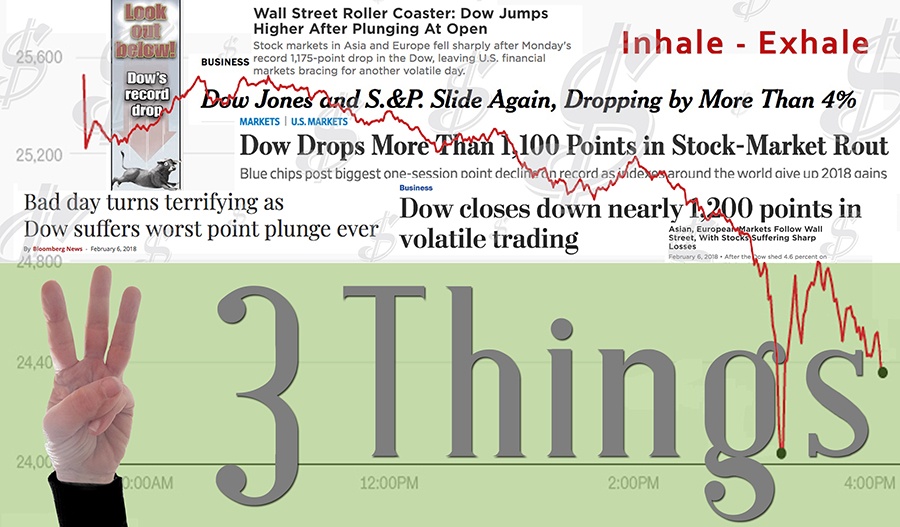Ongoing Planning provides you with confidence and reassurance that you are optimizing relevant planning opportunities and have a professional watching over your “stuff”. You get the benefit of having on-demand meetings or calls for urgent life planning matters as well as unlimited phone and email support.
3 THINGS – WITH A YOUTHFUL SAGE TWIST
David’s take: In our last post, we introduced you to our newest team member, summer intern Danny Lester. Danny’s already got a solid background in personal finance, so we asked him to review our SAGEbroadview blog and identify a handful of prior posts that particularly piqued his interest. In a twist on our usual “3 Things” series, we share Danny’s comments on his three top picks, mined from the SBV...3 Things – with a Youthful Sage Twist
David’s take: In our last post, we introduced you to our newest team member, summer intern Danny Lester. Danny’s already got a solid background in personal finance, so we asked him to review our SAGEbroadview blog and identify a handful of prior posts that particularly piqued his interest. In a twist on our usual “3 Things” series, we share Danny’s comments on his three top picks, mined from the SBV...3 Things: Don’t look at your portfolio, say no to themed funds, and dealing with market pullbacks
Don’t look at your portfolio – and here is why 1. How to Improve Your Risk-Adjusted Returns (The Irrelevant Investor, 4/11/2019) “The more you look at your portfolio, the more likely you are to see red, and the more likely you are to see red, the more likely you are to do something you will regret later. This can be seen clearly in the GIF below, courtesy of Nick Maggiulli.” Graphic Courtesy...3 Things: Thoughts on Investing
The One Constant 1. The One Constant in the Stock Market (A Wealth of Common Sense, Ben Carlson, 12/11/2018) Ben Carlson, always with the best charts and words of wisdom. “I’ve used this chart before but it’s worth reposting because we all need reminders during a market correction that they’re perfectly normal and should be expected: The average intra-year drawdown since 1950 is -13.3%. And more than half of all calendar year drawdowns have...3 Things: Reading History, Writing Email, and Getting Things Done
We are trapped in the “Never-Ending Now,” consuming only social media content created within the last 24 hours 1. The Never-Ending Now (David Perell, 11/13/2018) “You are what you consume. End of story. Here’s Tim Wu writing in The Attention Merchants: ‘Any and all information that one consumes—pays attention to—will have some influence… As William James observed, we must reflect that, when we reach the end of our days, our life experience will equal what we have...3 Things: About Last Week
The market meltdown everyone saw coming 1. Explaining the Correction with Perfect Hindsight (Barry Ritholtz, 10/15/2018) “We interrupt this regularly scheduled correction to bring you an after the fact narrative explaining in great detail and with utter certainty what just occurred in the markets, and why.” A bright side to last week’s pain 2. Who Benefits From a Market Correction? (A Wealth of Common Sense, Ben Carlson, 10/12/2018) “The swift market sell-off we’ve experienced this week is painful for anyone in...3 Things: Scary Headlines Resurface
Scary headlines resurface 1. Writers have dusted off their dictionaries and words like "sink", "plunge", and "selloff" have reappeared in the headlines. (Say those words out loud and notice how they make you feel. Ugh. Right?) The antidote is context. As Bob French notes in his article "Putting Monday’s Drop in Perspective," "After the market’s close on Monday (and the not so great previous week), we’ve only given up our...SBV In The News: 101 Investing Insights From the Experts
Fund Reference recently featured some of Sheri's tips in their 101 Investing Insights From the Experts article. Here is a sample: "If you’re feeling fear or panic to threatening news, it’s okay to feel that way; just don’t let it overrule your common sense. The best cure for panic is a healthy dose of planning. If you already have an investment plan in place, stick with it — depend on it...What Sheri’s Reading: Special Edition
We briefly interrupt our regularly scheduled programing (Investment Basics Series) for a special edition of “What Sheri’s Been Reading." How have you been feeling the past few days? Hopefully you've ignored the gyrations of the stock markets and kept your eye on the long view but if you have not, you might be feeling a little agitated, anxious, panicky even? Are you wondering if you should be doing anything? Answer: As long as...- 1
- 2
 Secure Document Sharing
Secure Document Sharing




